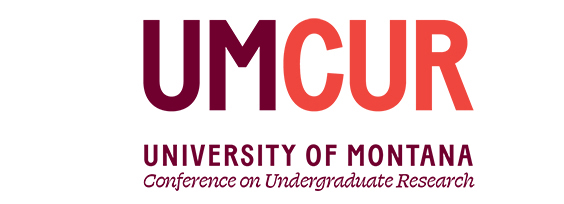Oral Presentations
Project Type
Presentation
Faculty Mentor’s Full Name
Denise Dowling
Faculty Mentor’s Department
Journalism
Abstract / Artist's Statement
For people who have been struggling with mental illness for years, if the limited treatment options of therapy and prescription medication aren’t effective for them, they’re often left feeling hopeless when seeking relief. My project, a feature story that ran in the University of Montana School of Journalism’s Byline Magazine, dove into an emerging treatment for mental illness some Montanans are turning to — psychedelics. I analyzed past news coverage and research on the use of ketamine, psylocibin and MDMA to treat disorders like post-traumatic stress disorder and depression, interviewed owners of Montana ketamine treatment centers and interviewed Montanans who have tried ketamine treatments or microdosing psylocibin. That work all contributed to the story, which explored the legality and ethics of the treatments, how they work, their accessibility and who should and shouldn’t explore the psychedelic treatment options depending on their conditions. The feature story details the nuances of the promise and problems with psychedelic treatments becoming more widely available, and what their expansion and decriminalization may mean for Montanans. The project provided insights on how to create a complete picture of a complicated and sensitive issue like an emerging mental health treatment in a limited time frame and word count for a magazine publication. The final story reflects trauma-informed reporting, which was key for every story in Byline because the magazine’s mental health theme meant many sources shared vulnerable stories and discussed sensitive topics.
Category
Social Sciences
The New Horizon of Psychedelic Treatment for Mental Health
UC 332
For people who have been struggling with mental illness for years, if the limited treatment options of therapy and prescription medication aren’t effective for them, they’re often left feeling hopeless when seeking relief. My project, a feature story that ran in the University of Montana School of Journalism’s Byline Magazine, dove into an emerging treatment for mental illness some Montanans are turning to — psychedelics. I analyzed past news coverage and research on the use of ketamine, psylocibin and MDMA to treat disorders like post-traumatic stress disorder and depression, interviewed owners of Montana ketamine treatment centers and interviewed Montanans who have tried ketamine treatments or microdosing psylocibin. That work all contributed to the story, which explored the legality and ethics of the treatments, how they work, their accessibility and who should and shouldn’t explore the psychedelic treatment options depending on their conditions. The feature story details the nuances of the promise and problems with psychedelic treatments becoming more widely available, and what their expansion and decriminalization may mean for Montanans. The project provided insights on how to create a complete picture of a complicated and sensitive issue like an emerging mental health treatment in a limited time frame and word count for a magazine publication. The final story reflects trauma-informed reporting, which was key for every story in Byline because the magazine’s mental health theme meant many sources shared vulnerable stories and discussed sensitive topics.
